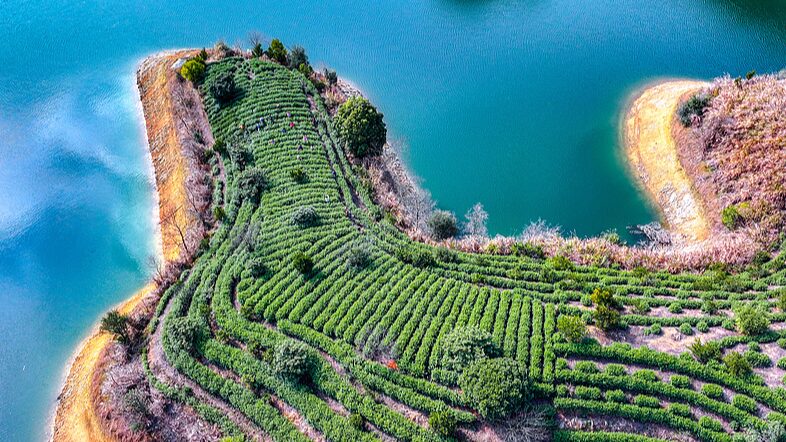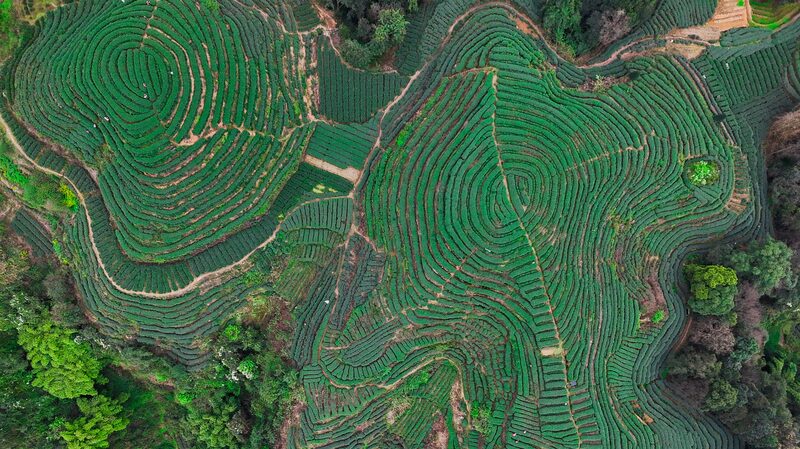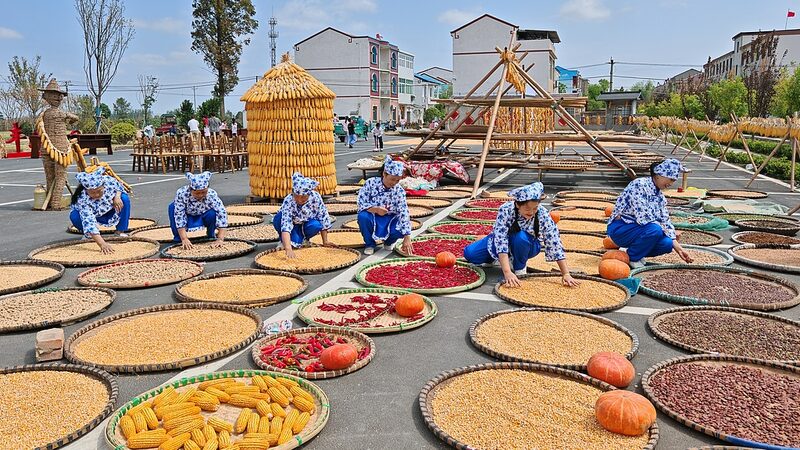As spring breathes life into eastern China, farmers near Qiandao Lake in Zhejiang are dancing between tradition and innovation—plucking tea leaves under golden-hour skies. 🌄 Known as the cradle of Chinese tea culture, Zhejiang’s lush landscapes and misty mountains have brewed world-famous varieties like Longjing (Dragon Well) for centuries.
This season, the emerald hillsides of Qiandao Lake—a UNESCO-backed ecological gem—buzz with energy. Over 70% of the island’s land is cloaked in forests and tea gardens, where generations-old techniques meet eco-friendly practices. Think of it as Taylor Swift’s 'folklore' meets David Attenborough’s planet-friendly ethos. 🌿✨
Why does this matter to global tea lovers? Zhejiang’s harvest fuels a $2 billion industry, blending ancient rituals with modern sustainability—a model inspiring young entrepreneurs and climate-conscious Gen Z buyers. Plus, its teas are sipped from Tokyo cafés to New York boba shops, making it a sweet spot for travelers and diaspora communities craving authentic Asian flavors.
Looking ahead, Zhejiang’s tea mastery isn’t just about leaves—it’s a story of harmony with nature, proving tradition can thrive in a TikTok world. 🫖💚
Reference(s):
cgtn.com



